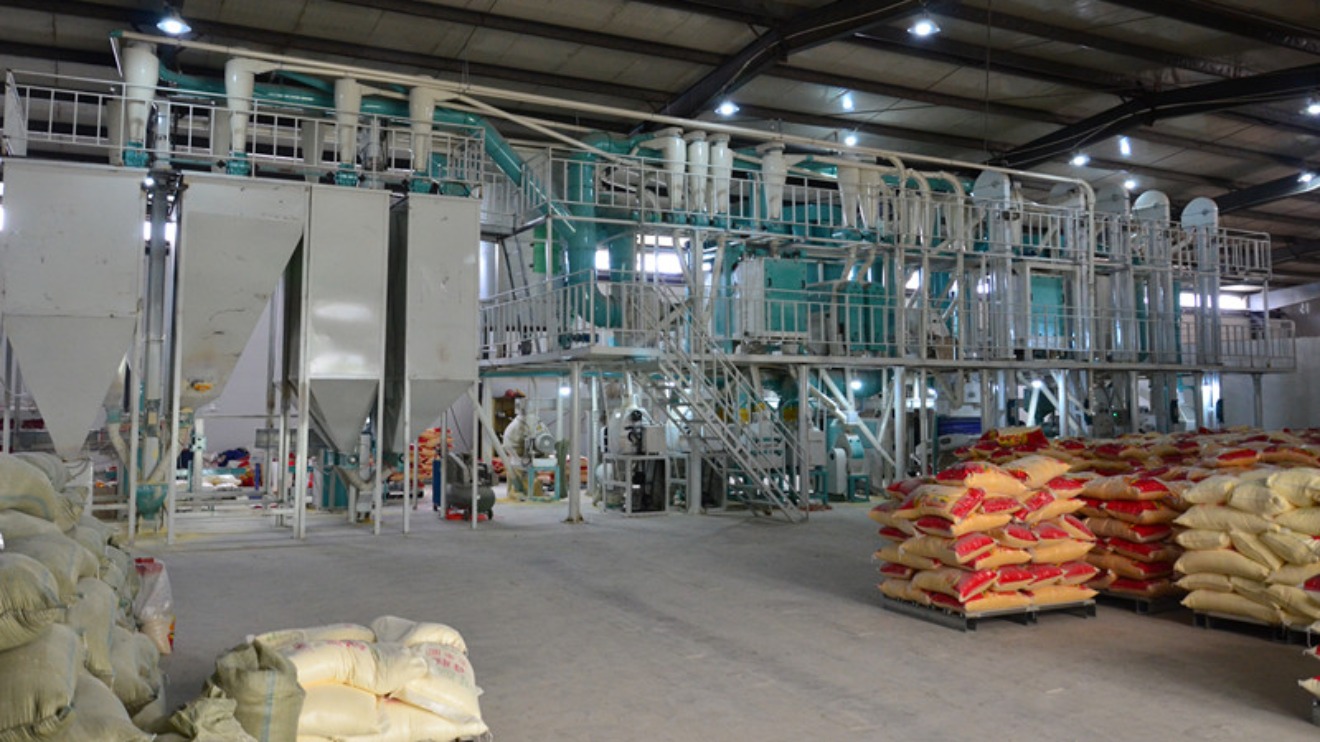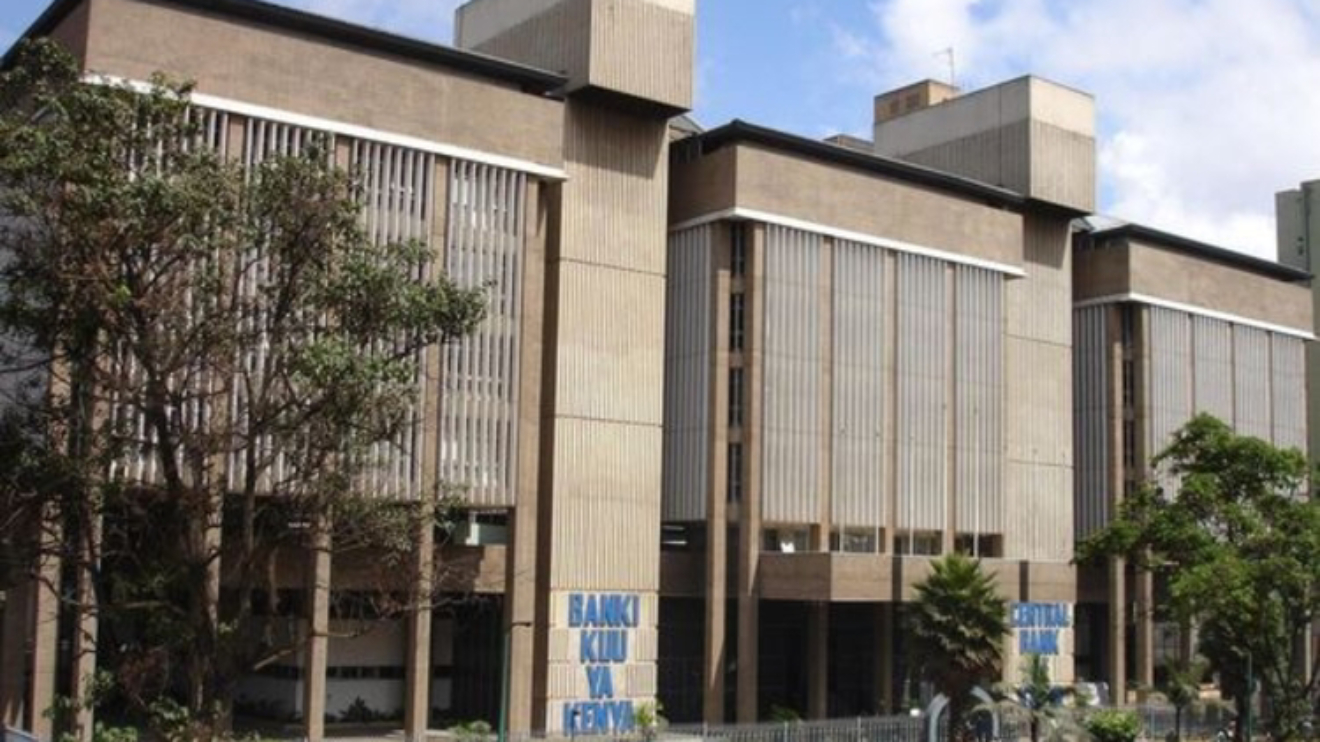Families across Eastern and Southern Africa are feeling the strain of rising food costs, as a new report reveals that maize prices have climbed to their highest levels within the COMESA bloc, with Nairobi and Dar es Salaam leading the surge, raising fresh concerns among regional policymakers.
The Common Market for Eastern and Southern Africa (COMESA) Competition Commission attributes the soaring food prices in Kenya and Tanzania’s commercial capitals to an unhealthy mix of price manipulation, concentrated market power, and structural failures in the region’s food supply chain.
In Kenya’s case, the report accuses agro-dealers of disregarding global price trends by inflating fertiliser costs through aggressive profit margins.
“African agri-food markets are not working. These pricing distortions are undermining farmers and punishing consumers,” the report states, painting a picture of a food economy that continues to function against both producer and consumer interests.
The Commission notes that foodstuff, fertiliser, and cooking oil are especially affected.
Read More
Kenya’s edible oil market, in particular, reveals some of the starkest discrepancies.
Households are being charged as much as Sh393 per litre for cooking oil, despite the lower cost of crude imports and local refining.
“Vegetable oil is largely imported as crude oil and refined locally,” the report notes, pointing to a massive gap between real input costs and retail shelf prices.
What’s making matters worse, the report says, is the narrowness of competition.
A few well-entrenched firms dominate the agricultural input and output markets, aided by gaps in market data, inefficient logistics, and fragile distribution systems.
These factors have not only driven prices up but also severely limited options for farmers and consumers alike.
In urban centres like Nairobi, where subsidy programmes are meant to act as shock absorbers, the report finds that prices still exceed what it describes as a fair market value by more than half.
“Retail prices for key commodities significantly exceed fair value estimates,” it states, with food in the capital marked up by as much as 53 per cent, rendering subsidies practically toothless.
It is not just the food prices but the system itself that appears to be misfiring.
From transportation and storage to retail markups and regulation, the Commission paints a picture of a market skewed in favour of dominant players who, it says, benefit from the absence of meaningful oversight.
To reverse the trend, the Commission is calling for bolder reforms.
It urges member states to enhance market monitoring, revisit outdated trade regulations, and tear down non-tariff barriers that are distorting cross-border food trade.
The report lands at a time when food insecurity is worsening across the continent, and pressure is mounting on governments to rebalance agricultural markets to better support smallholder farmers, the backbone of Africa’s food production system.








